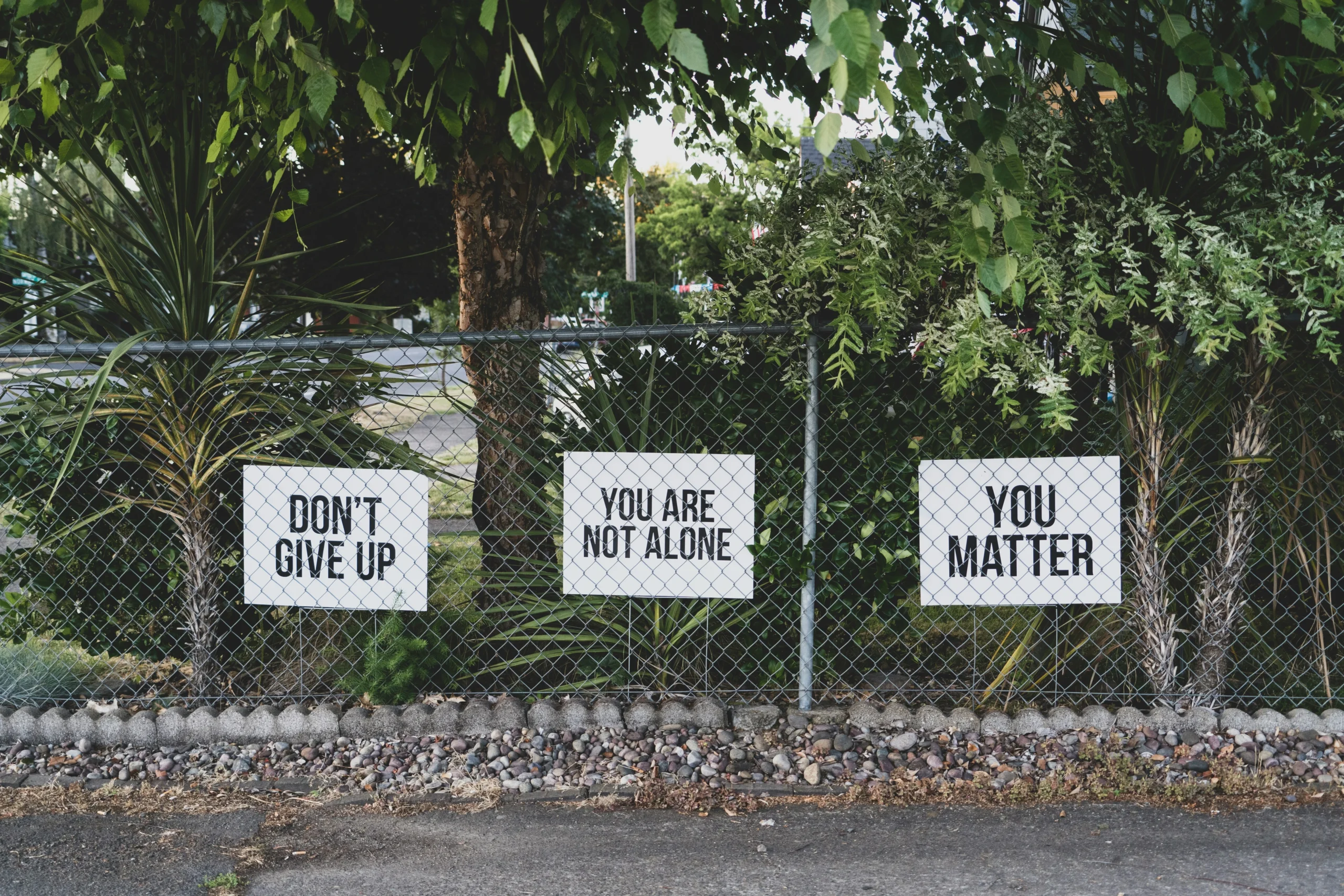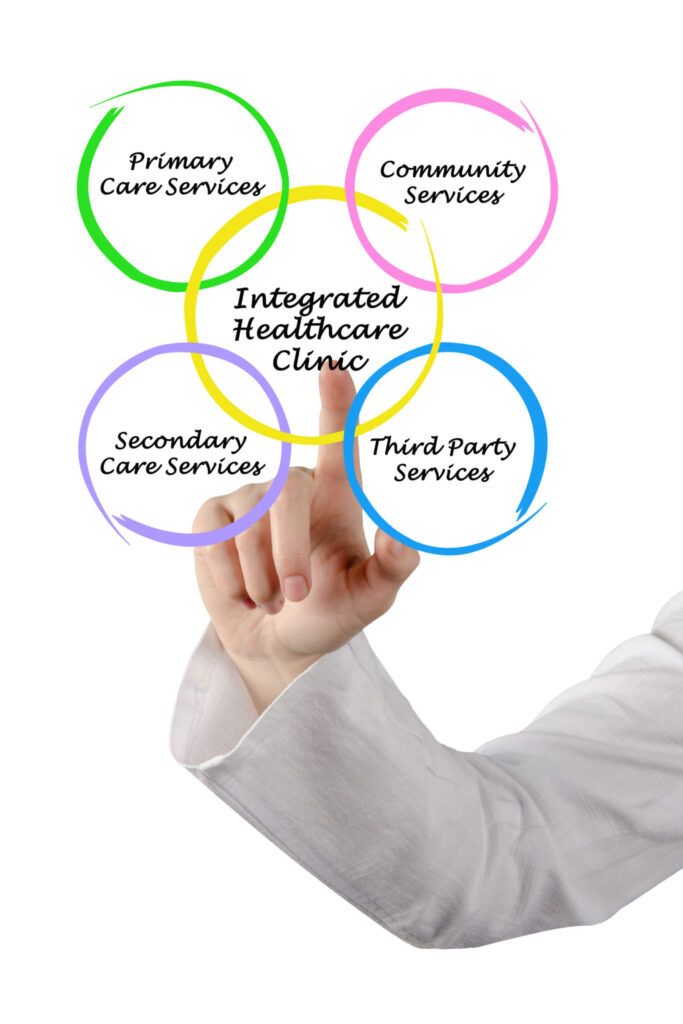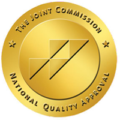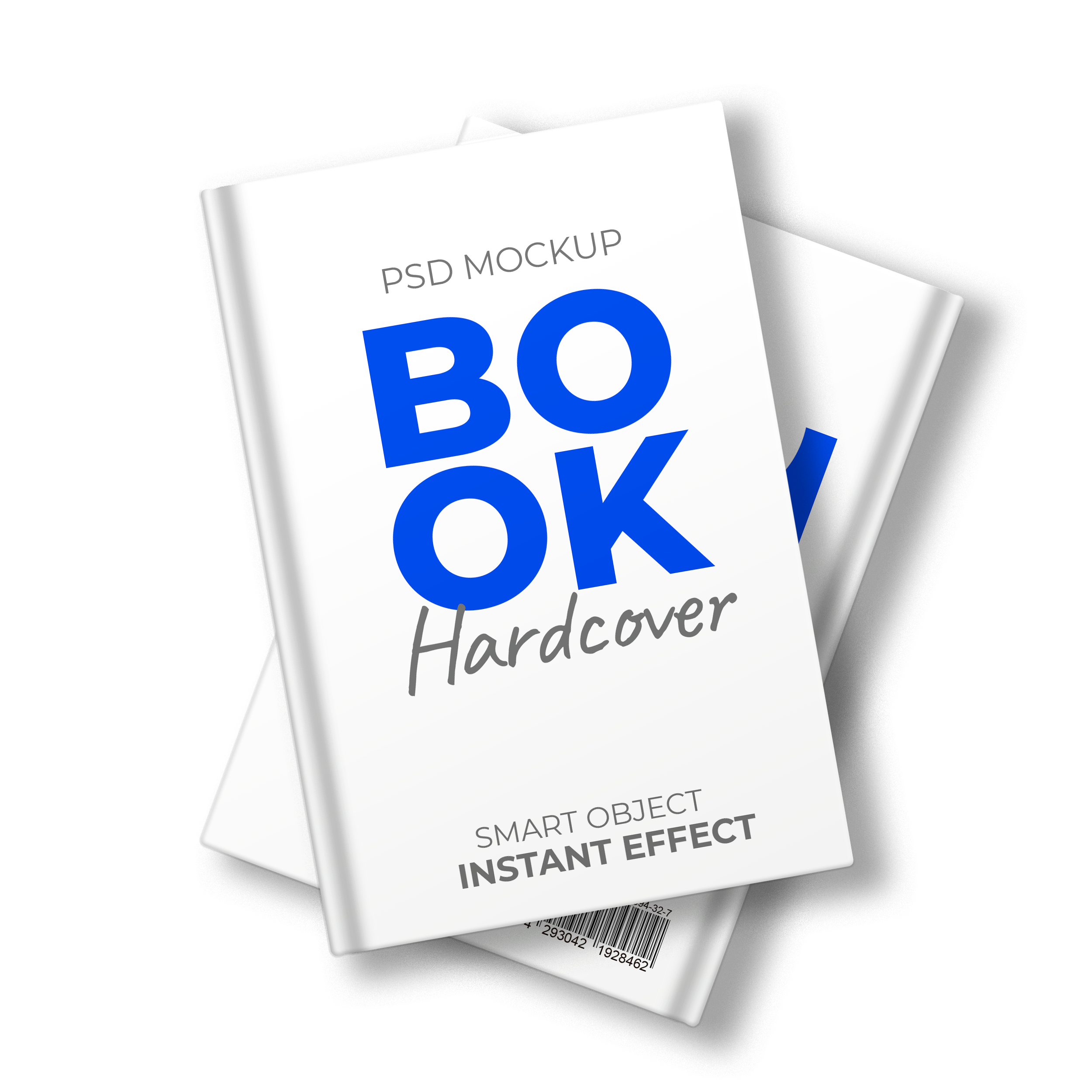Understanding Co-occurring Disorders
Co-occurring disorders, also known as dual diagnosis, refer to the simultaneous presence of a mental health disorder and a substance use disorder. This often complex and challenging condition requires comprehensive treatment that addresses both aspects of an individual’s well-being. It can pose unique challenges for those seeking treatment and their families. It can even challenge healthcare professionals dedicated to providing holistic care and support. Recognizing the intricate interplay between mental health and substance use is crucial in developing effective strategies to promote long-term recovery and improved overall quality of life.
The Significance of Dual Diagnosis

Understanding dual diagnosis is critical in addressing co-occurring disorders. Dual diagnosis refers to anyone with mental health and substance use disorders. If left untreated, either condition can exacerbate the other, leading to a detrimental cycle of worsening symptoms that can be incredibly challenging to overcome. By holistically addressing these co-occurring illnesses, you can receive the necessary support and interventions to break free from the addiction cycle.
Types of Co-Occurring Disorders
Mood Disorders
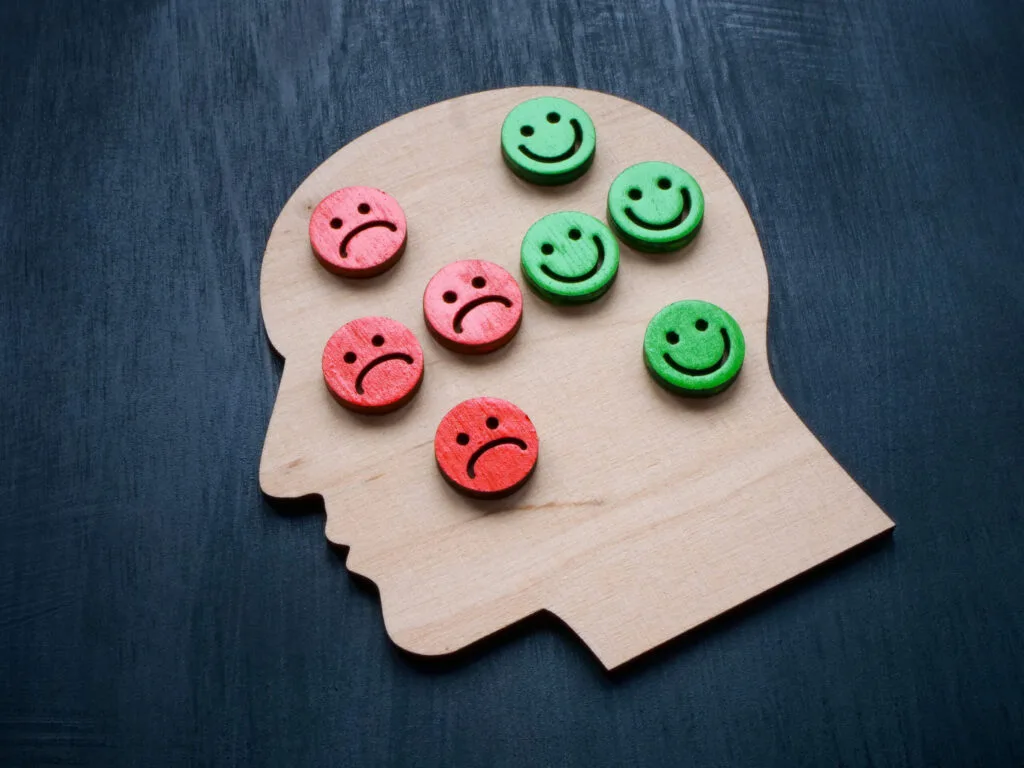
Mood disorders, such as depression and bipolar disorder, frequently co-occur with substance abuse. The interplay between these conditions is complex. Substance use can serve as both a trigger for mood episodes and a means of coping with challenges. Understanding the relationship between mood disorders and substance misuse increases the effectiveness of diagnosis and treatment.
Anxiety Disorders
Anxiety disorders, such as generalized anxiety disorder, panic disorder, and social anxiety disorder, often co-occur with addiction. It is not uncommon for people to resort to self-medication to alleviate distressing symptoms. Symptoms associated with anxiety, depression, or PTSD can give rise to substance dependence. In the end, this can exacerbate the complexities of their condition.
Psychotic Disorders
Psychotic disorders, such as schizophrenia, are a distinct category of mental health disorders that can commonly co-occur with substance abuse. The relationship between conditions can present challenges regarding their management and treatment. This underscores the importance of addressing both aspects to achieve optimal outcomes. It’s the most likely way to improve the well-being of those affected by multiple disorders.
Personality Disorders
Disorders like borderline personality disorder (BPD) and antisocial personality disorder (ASPD), are often found to coexist with substance use disorders (SUDs). People with BPD exhibit traits such as unstable relationships and emotional instability. In this case, the instability can contribute to the development of SUDs. Similarly, ASPD, characterized by disregarding others’ rights and a pattern of impulsive behavior, is often associated with substance misuse. Understanding their interplay can mean a more effective diagnosis and treatment planning.
The Intersection of Addiction and Mental Health
How Addiction and Mental Health Disorders Influence Each Other
Substance use can contribute to developing mental health disorders and vice versa. Substance abuse can exacerbate mental health symptoms, while mental health disorders can lead individuals to use substances as self-medication.
The Cycle of Addiction and Mental Illness
The cycle of addiction and mental illness often goes like this: a person with a mental health disorder uses substances to cope with their symptoms, this substance use exacerbates their mental health symptoms, leading to increased substance use, and the cycle continues.
The Importance of Integrated Treatment
Benefits of Dual Diagnosis Treatment
Dual diagnosis treatment approaches both substance use and mental health disorders simultaneously. This integrated approach is more effective in promoting recovery than treating either disorder in isolation.
Integrated Treatment for Co-Occurring Disorders
Individual Therapy
Individual therapy is a secure and confidential space that allows you to delve deep into thoughts, emotions, and behaviors. You can explore the tricky interaction between substance use, mental health symptoms, and your well-being. Through this therapeutic process, you can better understand yourself and cultivate the necessary skills and strategies for personal growth and recovery.
Group Therapy
Group therapy is a supportive and inclusive environment. You can openly share personal experiences and gain valuable insights from others in similar situations. This collaborative approach not only promotes mutual understanding but also fosters the development of healthy coping strategies. It builds broad support for personal growth.
Medication Management
Effective management plays a pivotal role in dual diagnosis treatment. Healthcare professionals carefully oversee and adjust medications. They manage the symptoms and challenges associated with mental health and substance use disorders. This approach gives you the necessary support to manage these conditions and recover from addiction effectively.
Supportive Services
You can access supportive services, such as comprehensive housing support, dedicated alumni programs, and effective relapse prevention strategies. These programs significantly contribute to successfully establishing and maintaining a stable, substance-free life. You learn the necessary skills and receive guidance and ongoing support for long-term recovery and personal growth.
Navigating Recovery from Co-Occurring Disorders
Recovery is a deeply personal and ongoing journey that requires time, patience, and unwavering commitment. It is a process of growth, healing, and transformation. Through integrated treatment for co-occurring disorders, you are equipped with a comprehensive array of tools, resources, and support to navigate recovery. A holistic approach addresses both physical and mental well-being. You can begin sustained recovery and embrace a life of renewed purpose, vitality, and fulfillment.
Co-Occurring Disorders Treatment in Los Angeles, CA
Addressing co-occurring disorders in addiction treatment is critical for achieving lasting recovery. An integrated approach to treating substance use and mental health disorders can provide individuals with the holistic care they need.
Frequently Asked Questions about Co-Occurring Disorders
- What is dual diagnosis? Dual diagnosis, or co-occurring disorders, refers to the presence of both a mental health disorder and a substance use disorder in an individual.
- What is integrated treatment for co-occurring disorders? Integrated treatment is important because it addresses both disorders simultaneously, which is more effective than treating either disorder in isolation.
- Does addiction influence mental health? Addiction can exacerbate mental health symptoms, and individuals with mental health disorders may use substances as a form of self-medication, contributing to a cycle of addiction and mental illness.
- What are some co-occurring disorders? Co-occurring disorders can include combinations of mood disorders, anxiety disorders, psychotic disorders, and personality disorders with substance use disorders.
- Can I recover from co-occurring disorders? Recovery is a personal journey involving individual therapy, group therapy, medication management, and supportive services. It requires time, patience, and commitment.

